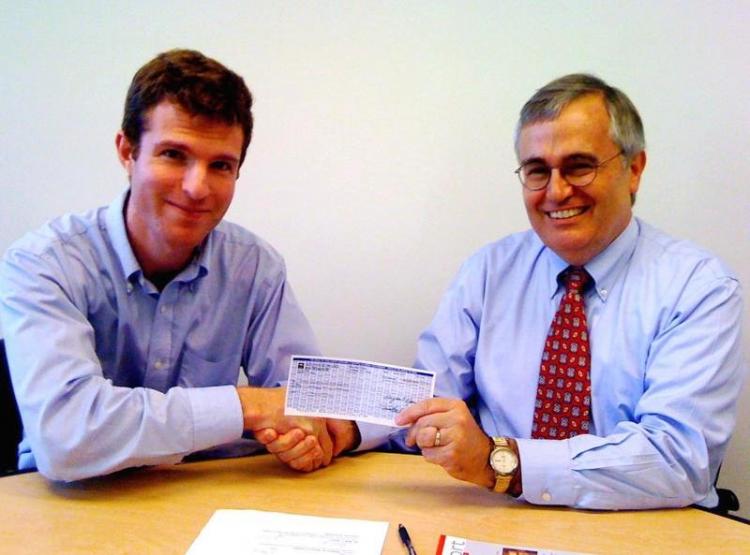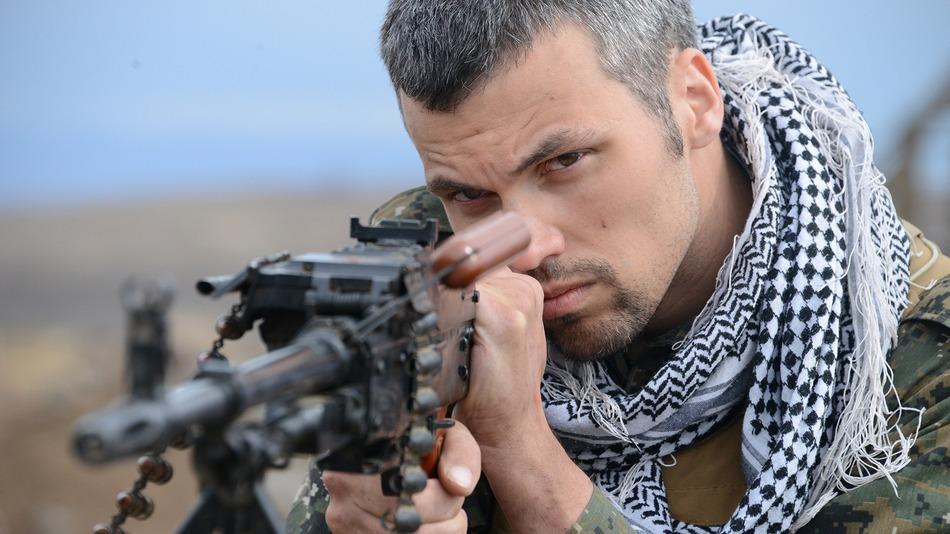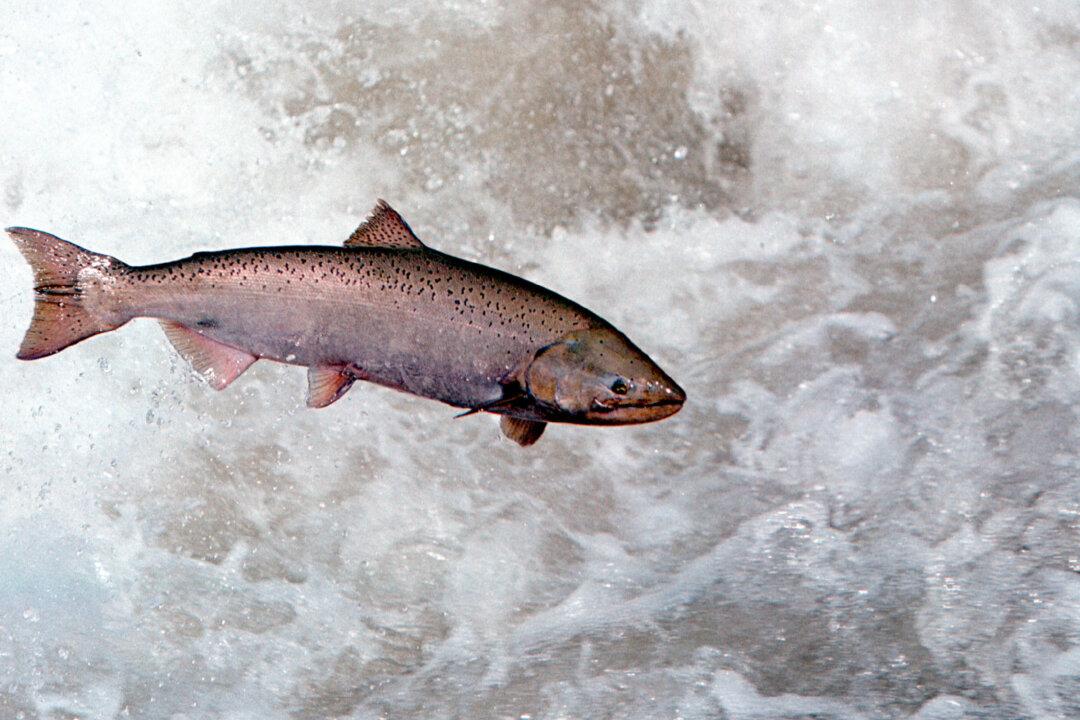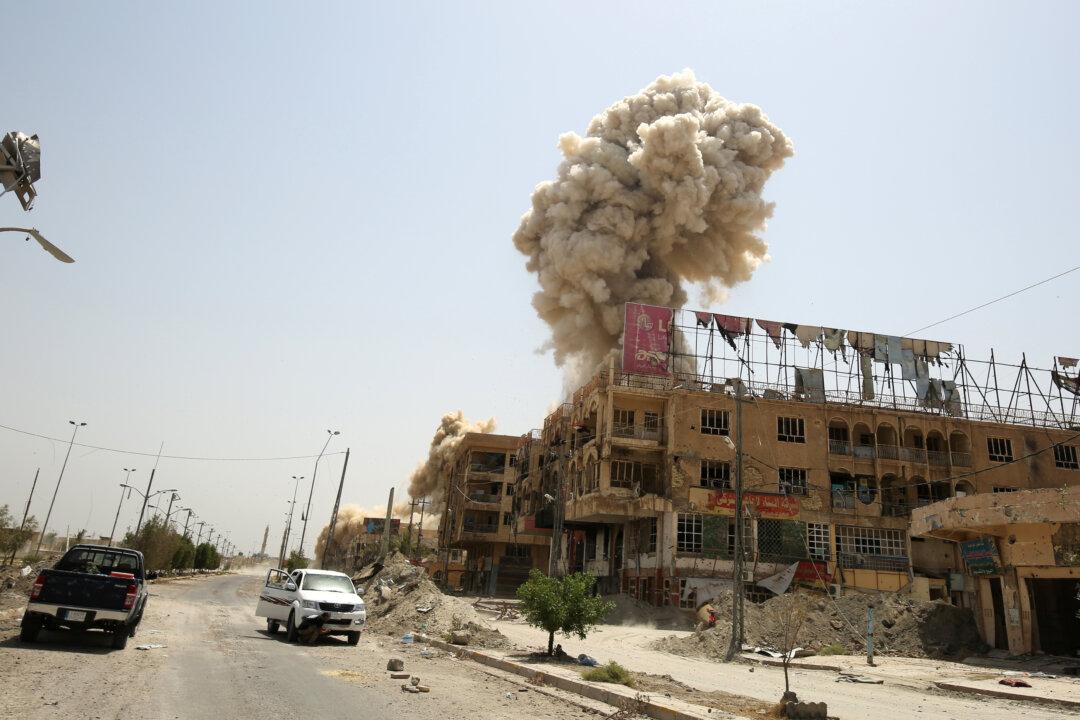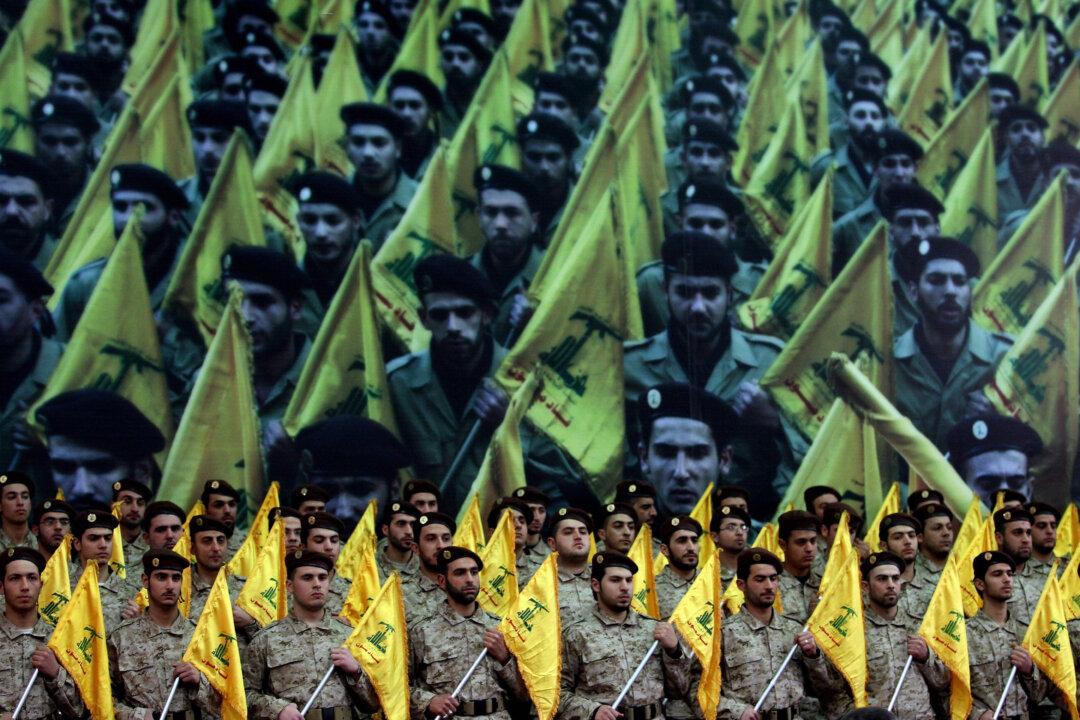Two years ago Daniel Gilbert was a young reporter working on a small-town Virginia newspaper when he caught wind of a story that seemed worth digging into.
Gilbert, who was 1 of a staff of 7 on the Bristol Herald Courier in Bristol, Virginia, saw a missing link in the two-decades long dispute between landowners and coal owners in Virginia over the rights to coalbed methane (natural gas).
Millions of dollars in natural-gas royalties were building up in state-controlled escrow accounts while energy corporations continued to produce gas with disputed ownership. When energy corporations produced gas whose ownership was disputed, the Virginia Gas and Oil Board required royalties from the gas be paid into escrow.
Gilbert started looking into the story because he wanted to know whether companies were making the required deposits. Lacking the technical skills to analyze the data and connect the dots, he convinced his editors to enroll him in a 6-day Investigative Reporters and Editors (IRE) computer-assisted reporting “boot camp” for journalists.
The training taught him how to analyze data so he could make sense of his natural gas story. It also radically altered his perspective as a reporter.
“I felt like someone opened up a room to me,” he said about the experience.
When all was said and done, Gilbert had investigated 18 months of escrow payments and found that a number of companies had not made deposits into any accounts. The research and subsequent reporting led to a series of stories that garnered national attention, the payment of over a million dollars in outstanding royalties, and new legislation to prevent future discrepancies.
When the reporting was done, Gilbert’s story began.
First he won the 2010 Pulitzer Prize for Public Service Reporting and the Scripps Howard Foundation’s first-time award for community journalism. Then, instead of walking away with the accolades and prize money, Gilbert donated the $10,000 cash from the Scripps award to help other rural journalists.
But the generosity wasn’t a spur of the moment decision.
“I had this idea for a while [to donate money],” said Gilbert by telephone this week. “Then there it was: 10,000 bucks.”
He says that part of his motivation was to promote reporting among journalists who are in rural areas.
“There are really big, important stories to be found in these isolated geographical areas,” said Gilbert, adding that the key for him was to give in a way that would help reporters gain the skill that had helped him uncover the truth: data analysis.
The “10,000 bucks” went to start a fund for Rural Computer-Assisted Reporting (R-CAR), and a fellowship for reporters from news organizations that serve a mostly rural audience. After the money was donated to the Institute for Rural Journalism and Community Issues, the state of Kentucky matched the donation.
The resulting fellowship, administered through IRE, will help other reporters attend future computer-assisted reporting boot camps.
Although the act of a journalist donating money to an organization like IRE to support the work of other journalists is far from unusual, the size of Gilbert’s donation is called “exceedingly generous” by IRE’s executive director, Mark Horvit.
“It is a rare thing for anyone to do with an award of that amount,” said Horvit of the donation.
But for Gilbert, who is 28 years old, single, and has been a reporter for five years, it was only natural to pass the money on. In fact, he felt it didn’t belong to him alone.
“Without cooperation from a lot of people, I wouldn’t have had that story,” he says, noting that he interviewed almost 70 people in the process of reporting. “I wrote those stories on the shoulders of a lot of different people.”
All of the hard work has paid off for Gilbert in other ways, too. Next week he starts a new job with the Wall Street Journal covering oil and gas in Houston. But he still believes that rural journalists need continuing support to get the tools to uncover big stories like the one he found.
“There’s a real need out there, and it’s immediate.”
Gilbert, who was 1 of a staff of 7 on the Bristol Herald Courier in Bristol, Virginia, saw a missing link in the two-decades long dispute between landowners and coal owners in Virginia over the rights to coalbed methane (natural gas).
Millions of dollars in natural-gas royalties were building up in state-controlled escrow accounts while energy corporations continued to produce gas with disputed ownership. When energy corporations produced gas whose ownership was disputed, the Virginia Gas and Oil Board required royalties from the gas be paid into escrow.
Gilbert started looking into the story because he wanted to know whether companies were making the required deposits. Lacking the technical skills to analyze the data and connect the dots, he convinced his editors to enroll him in a 6-day Investigative Reporters and Editors (IRE) computer-assisted reporting “boot camp” for journalists.
The training taught him how to analyze data so he could make sense of his natural gas story. It also radically altered his perspective as a reporter.
“I felt like someone opened up a room to me,” he said about the experience.
When all was said and done, Gilbert had investigated 18 months of escrow payments and found that a number of companies had not made deposits into any accounts. The research and subsequent reporting led to a series of stories that garnered national attention, the payment of over a million dollars in outstanding royalties, and new legislation to prevent future discrepancies.
When the reporting was done, Gilbert’s story began.
First he won the 2010 Pulitzer Prize for Public Service Reporting and the Scripps Howard Foundation’s first-time award for community journalism. Then, instead of walking away with the accolades and prize money, Gilbert donated the $10,000 cash from the Scripps award to help other rural journalists.
But the generosity wasn’t a spur of the moment decision.
“I had this idea for a while [to donate money],” said Gilbert by telephone this week. “Then there it was: 10,000 bucks.”
He says that part of his motivation was to promote reporting among journalists who are in rural areas.
“There are really big, important stories to be found in these isolated geographical areas,” said Gilbert, adding that the key for him was to give in a way that would help reporters gain the skill that had helped him uncover the truth: data analysis.
The “10,000 bucks” went to start a fund for Rural Computer-Assisted Reporting (R-CAR), and a fellowship for reporters from news organizations that serve a mostly rural audience. After the money was donated to the Institute for Rural Journalism and Community Issues, the state of Kentucky matched the donation.
The resulting fellowship, administered through IRE, will help other reporters attend future computer-assisted reporting boot camps.
Although the act of a journalist donating money to an organization like IRE to support the work of other journalists is far from unusual, the size of Gilbert’s donation is called “exceedingly generous” by IRE’s executive director, Mark Horvit.
“It is a rare thing for anyone to do with an award of that amount,” said Horvit of the donation.
But for Gilbert, who is 28 years old, single, and has been a reporter for five years, it was only natural to pass the money on. In fact, he felt it didn’t belong to him alone.
“Without cooperation from a lot of people, I wouldn’t have had that story,” he says, noting that he interviewed almost 70 people in the process of reporting. “I wrote those stories on the shoulders of a lot of different people.”
All of the hard work has paid off for Gilbert in other ways, too. Next week he starts a new job with the Wall Street Journal covering oil and gas in Houston. But he still believes that rural journalists need continuing support to get the tools to uncover big stories like the one he found.
“There’s a real need out there, and it’s immediate.”


